Healthy, glowing skin isn’t just about the products you apply on the outside—it’s deeply connected to what you nourish your body with on the inside. Nutritional deficiencies can wreak havoc on your skin, leading to dryness, dullness, acne, and premature aging. If you’ve been battling skin issues that no cream or serum seems to fix, the problem might lie in your diet. Here are 10 common nutritional deficiencies that could be wrecking your skin and actionable tips to reverse them for a radiant, healthy complexion.
1. Vitamin C Deficiency
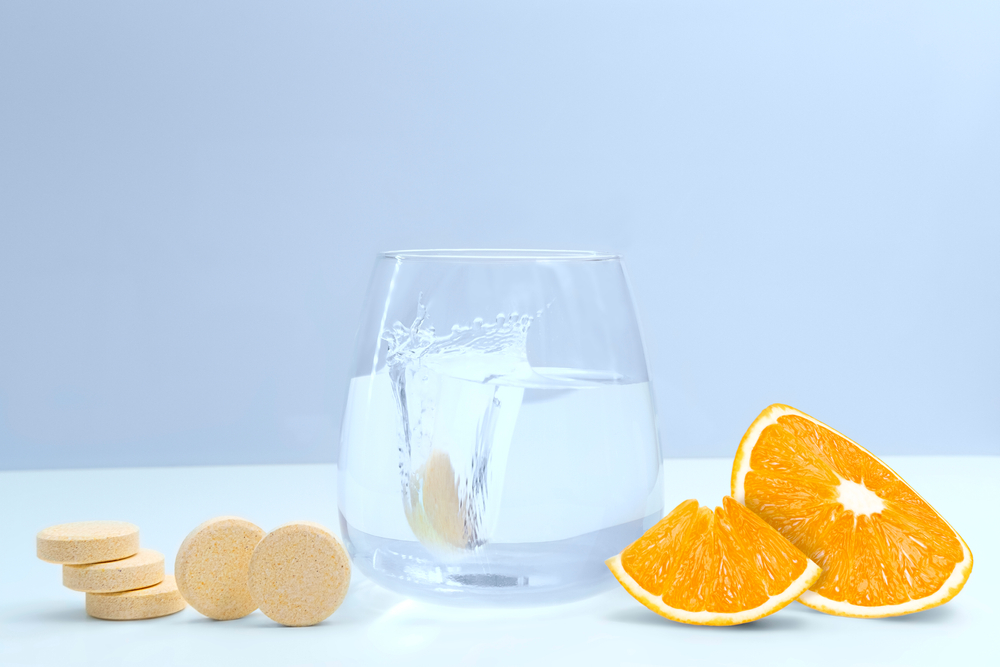
Vitamin C is essential for collagen production and skin healing. A lack of this vitamin can lead to dull skin, premature wrinkles, and slower wound healing. Incorporate more citrus fruits, strawberries, kiwis, bell peppers, and broccoli into your diet. A daily dose of 75–90 mg of vitamin C is recommended for adults, and supplements can help if your intake is low.
2. Vitamin D Deficiency
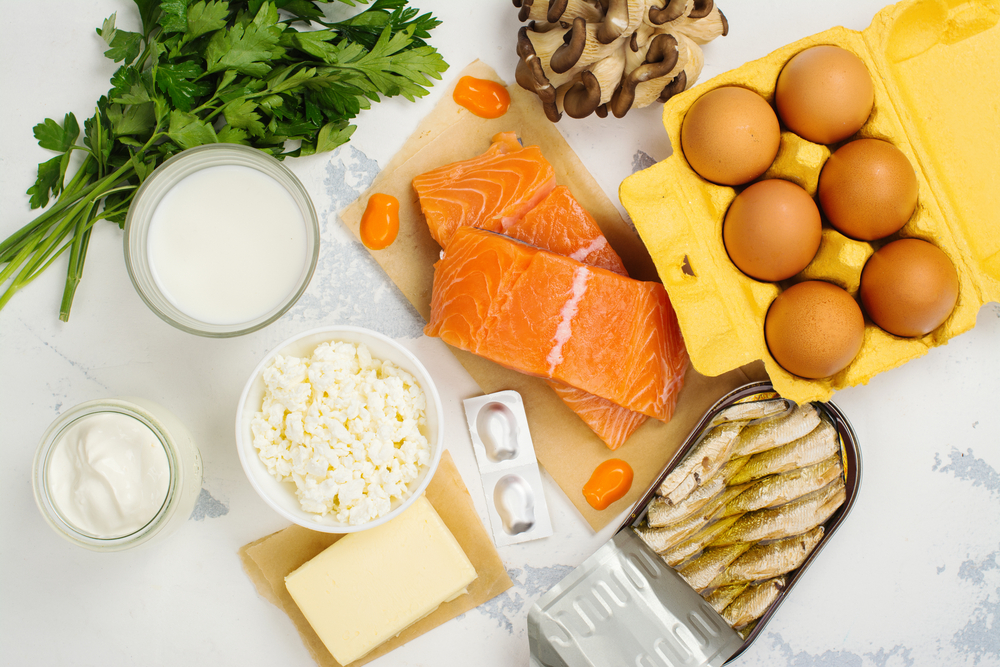
Vitamin D plays a role in skin cell growth and repair. Deficiency can contribute to dry, flaky skin and exacerbate conditions like eczema and psoriasis. Spend 10–15 minutes in the sun daily to help your body produce vitamin D naturally. You can also include vitamin D-rich foods like fatty fish, egg yolks, and fortified dairy products or take a supplement after consulting a healthcare provider.
3. Zinc Deficiency
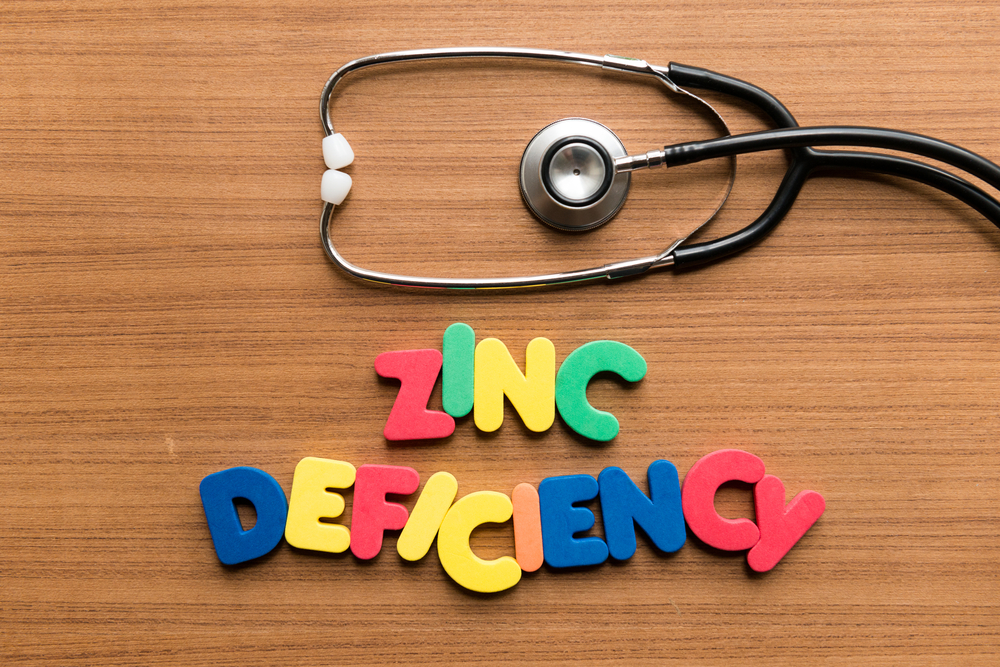
Zinc helps regulate oil production and supports skin healing. A deficiency can lead to acne, slow wound healing, and increased skin inflammation. Add zinc-rich foods to your diet, such as oysters, pumpkin seeds, nuts, and lean meats. The daily recommended intake for zinc is 8–11 mg for adults.
4. Omega-3 Fatty Acid Deficiency

Omega-3 fatty acids keep your skin hydrated and reduce inflammation. A deficiency can result in dry, irritated skin and worsen conditions like acne and eczema. Include fatty fish like salmon, mackerel, and sardines in your meals. Plant-based sources like flaxseeds, chia seeds, and walnuts are great alternatives for vegetarians or vegans.
5. Vitamin A Deficiency
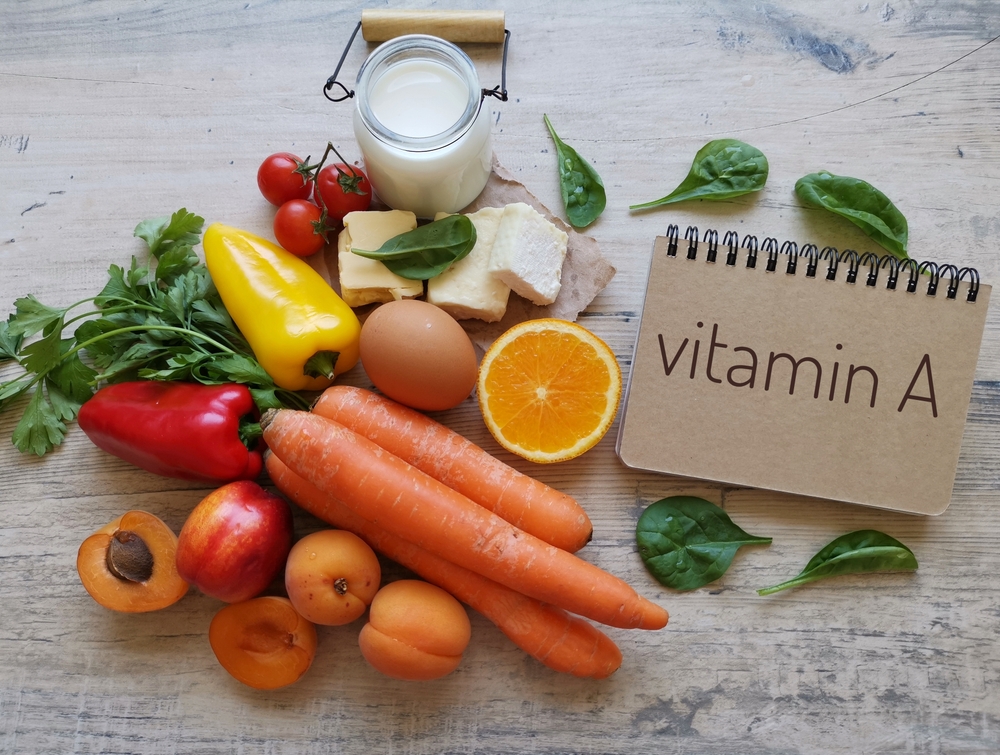
Vitamin A is crucial for cell turnover and repair. A deficiency can cause dry, rough, or flaky skin and make you more prone to acne. Incorporate foods like sweet potatoes, carrots, spinach, and kale into your diet. For more targeted results, try adding retinol-based skincare products in conjunction with dietary improvements.
6. Biotin (Vitamin B7) Deficiency
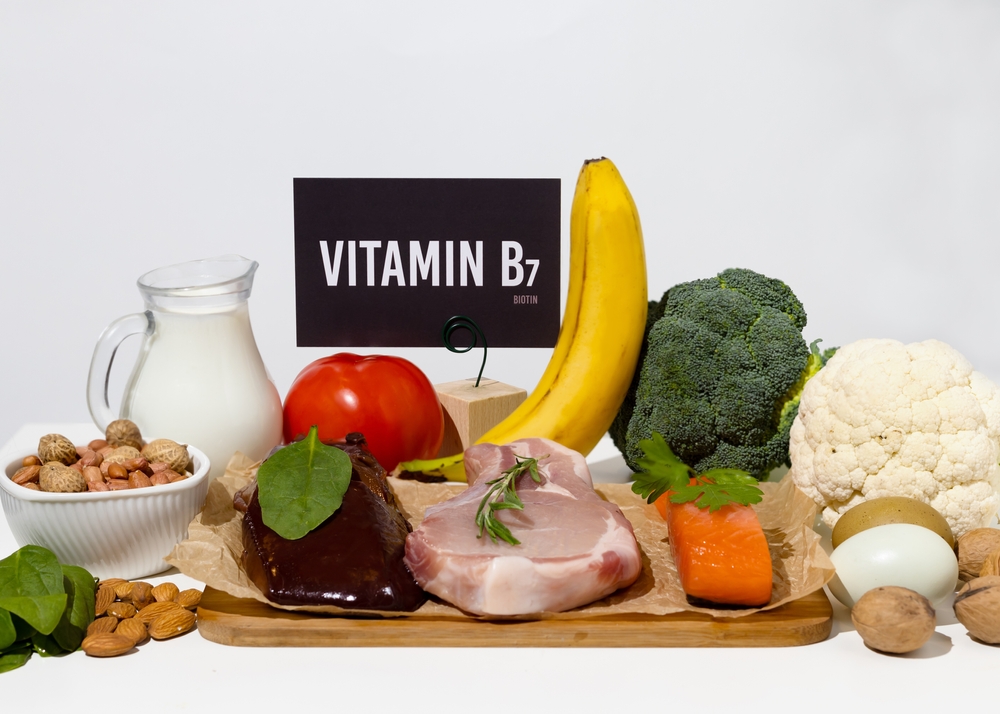
Biotin, often called the “beauty vitamin,” is essential for healthy skin, hair, and nails. A deficiency can lead to dry, scaly skin and even rashes. Eggs, almonds, avocados, and whole grains are excellent sources of biotin. A daily multivitamin can also help ensure you’re meeting your needs.
7. Iron Deficiency

Low iron levels can cause pale, dull skin and dark circles under your eyes. Iron is crucial for carrying oxygen to your skin cells, giving you that healthy glow. Add iron-rich foods like red meat, lentils, spinach, and fortified cereals to your diet. Pair iron-rich foods with vitamin C for better absorption.
8. Vitamin E Deficiency
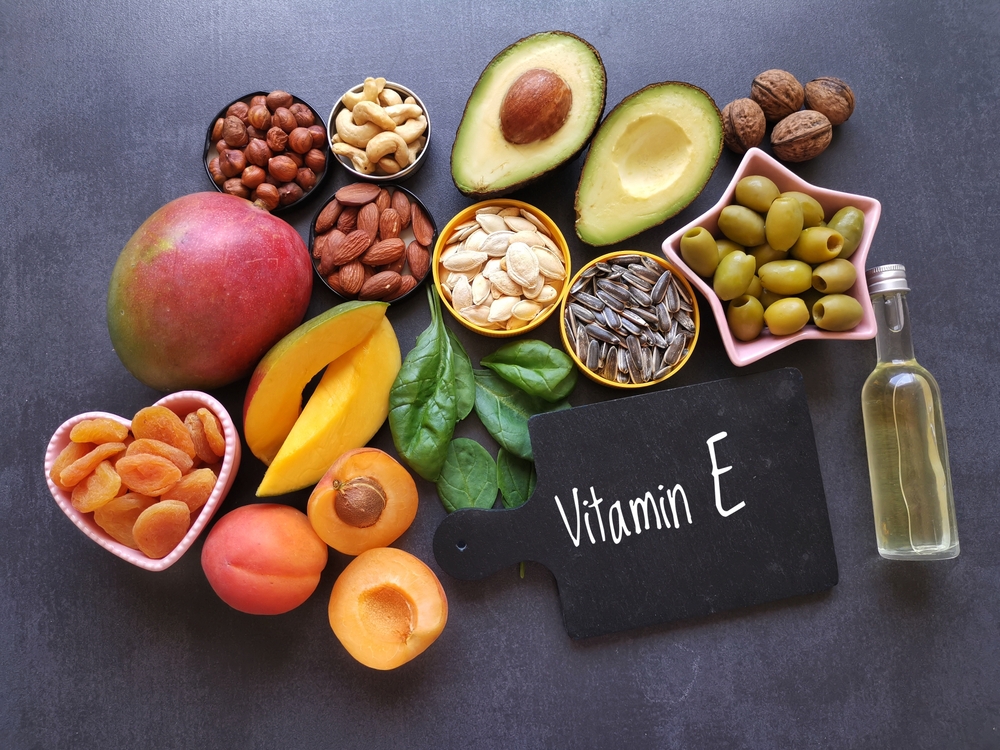
Vitamin E is a powerful antioxidant that protects your skin from free radical damage. A deficiency can lead to dryness, premature wrinkles, and slow healing of scars or wounds. Snack on nuts, seeds, and leafy greens, or drizzle olive oil over your meals for a vitamin E boost. Aim for 15 mg of vitamin E daily.
9. Protein Deficiency

Protein is the building block of your skin, and a lack of it can lead to sagging wrinkles and poor skin repair. Make sure to consume enough lean proteins like chicken, fish, tofu, beans, and quinoa. The daily protein requirement for adults ranges from 46–56 grams, depending on your activity level and body weight.
10. Selenium Deficiency
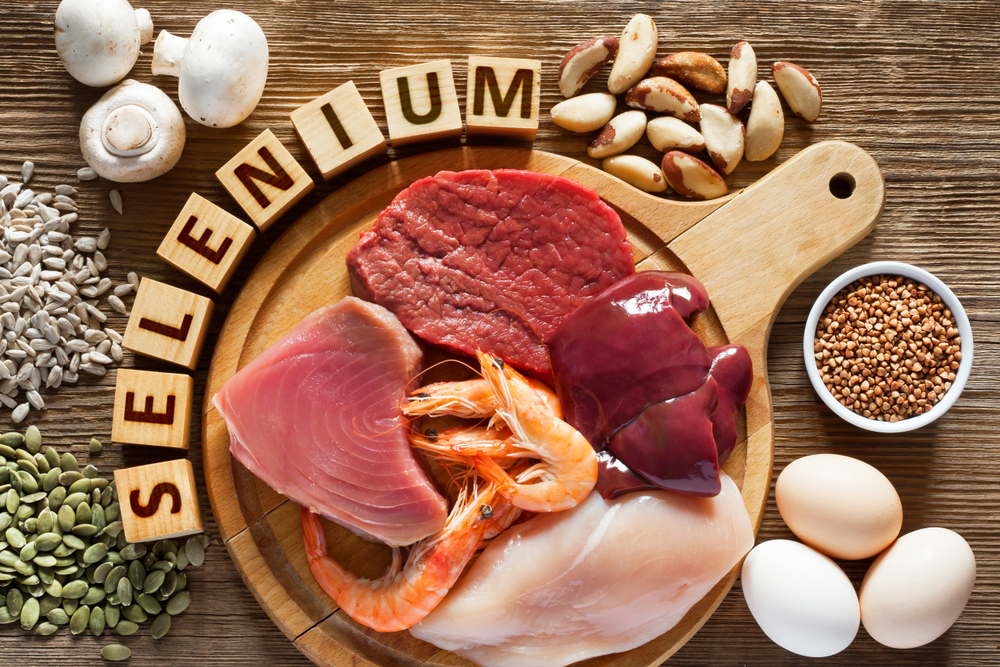
Selenium works alongside antioxidants to protect your skin from sun damage and maintain elasticity. A deficiency can make your skin more prone to damage and aging. Brazil nuts are one of the best sources of selenium. Eating just one or two nuts daily provides your recommended intake. Other sources include seafood, eggs, and whole grains.
Your skin reflects what’s happening inside your body, and nutritional deficiencies are often the root cause of persistent skin issues. By addressing these deficiencies and incorporating the right foods into your diet, you can repair the damage, restore balance, and achieve the radiant, youthful complexion you’ve been striving for.



